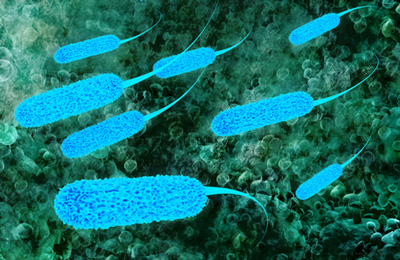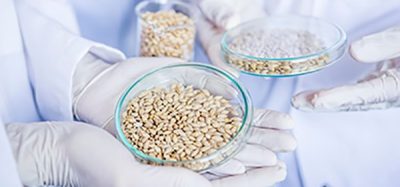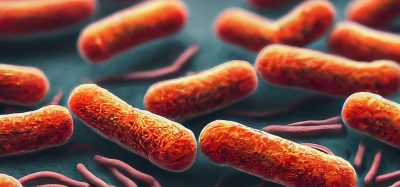FSA publishes investigative reports on 2015 shellfish E.coli event
- Like
- Digg
- Del
- Tumblr
- VKontakte
- Buffer
- Love This
- Odnoklassniki
- Meneame
- Blogger
- Amazon
- Yahoo Mail
- Gmail
- AOL
- Newsvine
- HackerNews
- Evernote
- MySpace
- Mail.ru
- Viadeo
- Line
- Comments
- Yummly
- SMS
- Viber
- Telegram
- Subscribe
- Skype
- Facebook Messenger
- Kakao
- LiveJournal
- Yammer
- Edgar
- Fintel
- Mix
- Instapaper
- Copy Link
Posted: 6 January 2016 | Victoria White | No comments yet
Between 9 and 16 July 2015, a high proportion of samples of raw shellfish, 40 out of 67 samples, taken from beds along the South West and South coast generated exceptionally high E.coli results…


The Food Standards Agency (FSA) has published four investigative reports that look into an event that occurred in July 2015 where exceptionally high levels of E.coli were recorded at shellfish beds along the South and South West coasts of England.


The FSA’s official control monitoring for shellfish harvesting areas uses E.coli as an indicator to determine the level of faecal contamination in an area. Between 9 and 16 July 2015, a high proportion of samples of raw shellfish, 40 out of 67 samples, taken from beds along the South West and South coast generated exceptionally high E.coli results. All of the samples had been tested at the same official control laboratory, with results between three to six orders of magnitude greater than the levels which might be expected.
Immediate action was taken to temporarily close the affected areas. This action was in line with standard procedures to prevent potentially contaminated shellfish being placed on the market.
No conclusive cause
The FSA instigated a multi-agency investigation to try to determine a potential cause. The investigation comprised four main elements:
- Audit by the National Reference laboratory (NRL) of the official controls laboratory which had tested all the samples for which the exceptionally high results were reported.
- Statistical analysis by the Centre for Environment, Fisheries and Aquaculture Science (Cefas) to establish whether the E.coli test results fell within an acceptable range for the areas affected.
- An Environment Agency review of bathing water results, rainfall data and waste water discharge statistics.
- An independent expert opinion on the likelihood of such a magnitude of E.coli results over such a large area, how quickly the results could return to normal levels and the types of situation that could cause such widespread high levels of E.coli contamination.
A full evaluation of the investigation reports has been carried out by the FSA and other key regulatory partners to assess the findings.
No conclusive cause for the event has been identified. However, the FSA says a number of possible causes have been ruled out and recommendations from the reports are also being considered.







